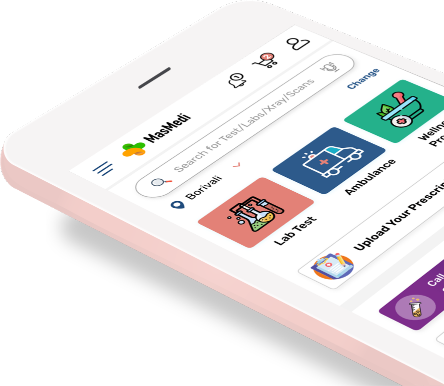Sample Type
Gender
Age Group
Blood & Urine
Male/Female
All Age Group
Body Profile test is a preventive health test that examines different organs to diagnose different health conditions and minimize all possible complications in their initial stage possible. A regular full body check-up can assist your doctor in diagnosing a disease before it poses a high risk or progresses in the body. A complete body check-up also reduces the risk of complications during treatment. Once a complete diagnosis is made at an early stage, the risk involved is much less as compared to a late diagnosis. An early diagnosis of a disease can also prevent it from advancing to a critical stage and ensures that you save money in the long run. A clean report also motivates an individual to lead a healthy and active lifestyle.
Basic Body Profile includes 80 Test(s)
best labs
Option Near Youlab comparison
As per your budgetAffordable
Price GuaranteedUNBIASED ADVICE
On LabsSUNDAY LAB
Labs available on SundaysTracking health status made easy with the app. Now available on both Google Play Store and App Store. Book health tests and access your smart reports and health trackers anytime anywhere.
